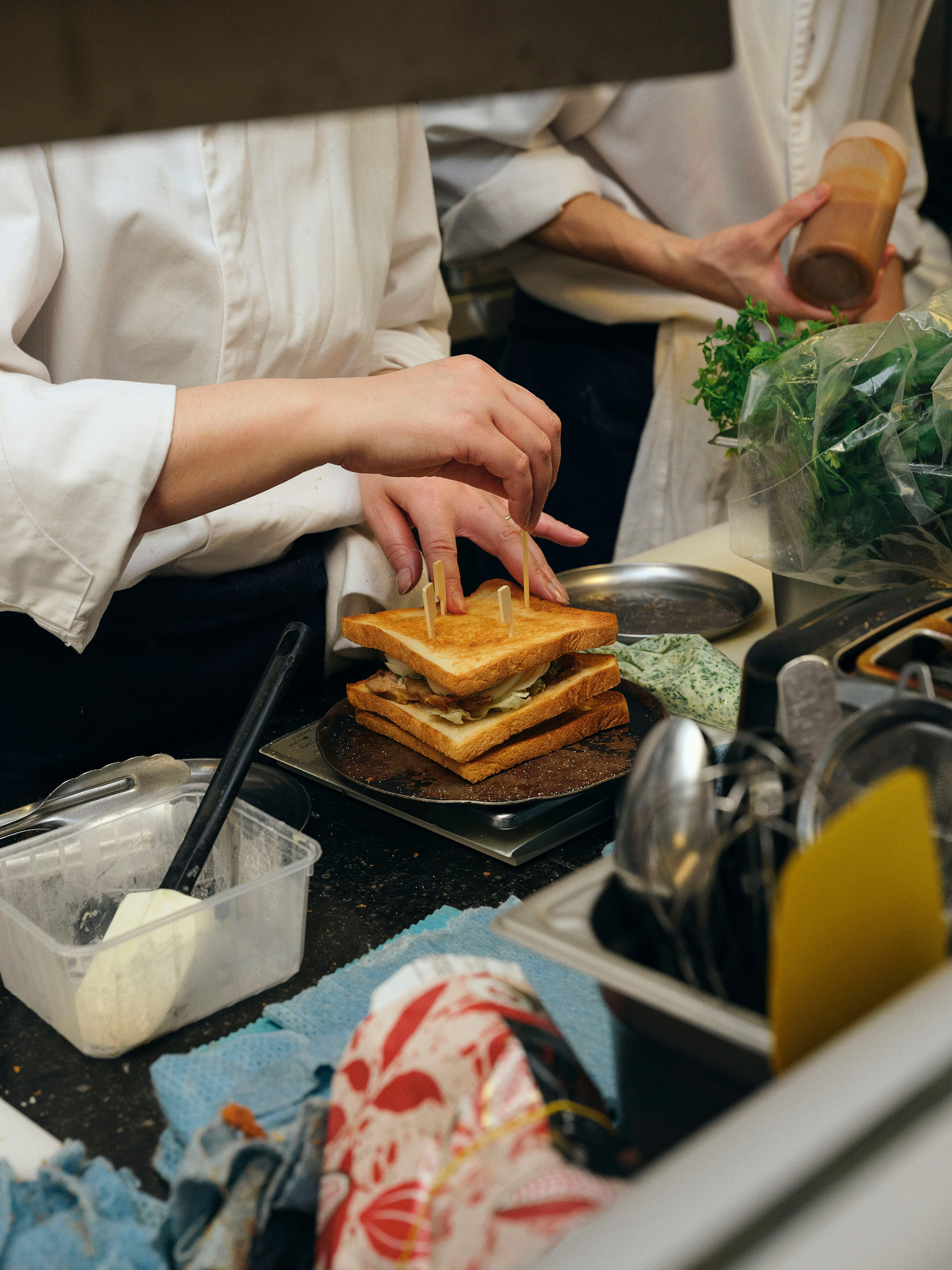Paris sandwiches / Paris
Meeting in the middle
Parisians famously adore bread and they also love Japanese food. Join the two and you’ve uncovered a new market, as have several restaurants in the capital selling ‘sandos’ – delicious Japanese milk-bread lunches.
Bread is serious business in France. Some six billion baguettes are sold here every year – most baked in the ovens of 35,000 independent boulangeries, according to the Confédération Nationale de la Boulangerie et Boulangerie-Pâtisserie Française. On average, each of these shops serves some 300 customers a day.
France is also obsessed with Japan: it is the biggest overseas market for manga and Europe’s largest consumer of sushi. Japanese entrepreneur Michio Hasegawa and his business partners put two and two together and gambled on selling shokupan, the pillowy Japanese milk bread, to a hungry Parisian market.
On Rue Rambuteau in Le Marais, Carré Pain de Mie specialises in feather-light milk bread loaves and Japanese sandwiches. Classic sandos such as the creamy tamago egg filling and the tonkatsu (fried pork) are just some of the Western-influenced yoshoku classics that arrived in Japan following the US occupation in 1945. Its sando du jour runs the gamut from teriyaki chicken to foie gras terrine to show off the culinary confluence of two food-obsessed nations.
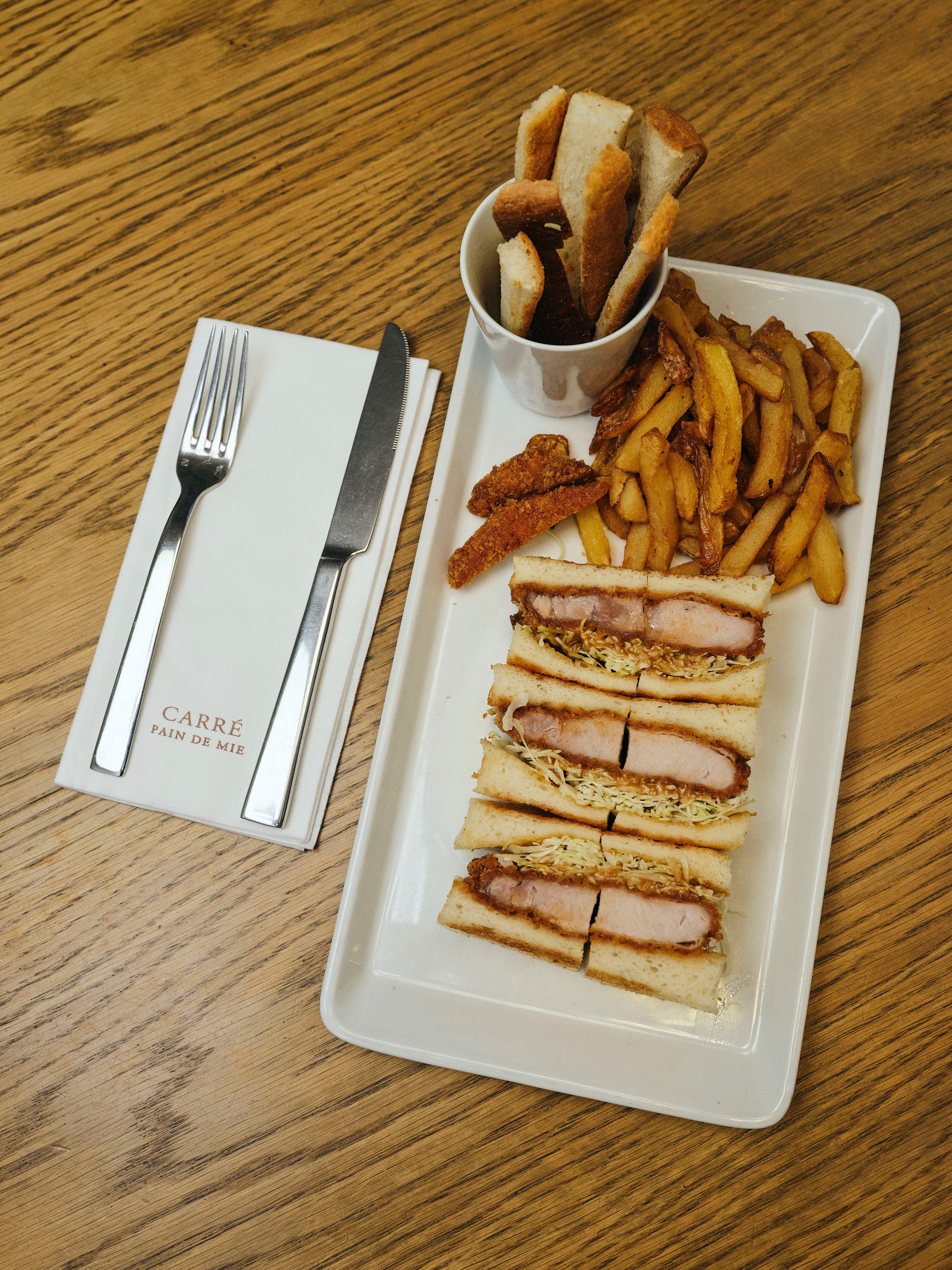
“The success wasn’t immediate,” says Haruki Ishiguro, the head baker at Carré Pain de Mie of the restaurant that opened in 2017. “But little by little we started to get more and more customers.”
When monocle visits, the crowd is as eclectic as the sando variations on offer: there’s a Japanese customer eager to take home a fluffy hunk of comfort food, wedged between a group of tourists and a family waiting for a table. In the pale-wood dining area, couples nibble shokupan crusts, offered as a side alongside the crustless cuboid-shaped sandos.
Carré Pain de Mie isn’t the only shokupan specialist whose fortunes are rising. At L’Atelier Sando on a quiet street in the 18th, lunchtime patrons of every stripe are similarly hungry: some in designer clothes, others in hard hats and high- visibility vests.


Louis Ricard opened L’Atelier Sando after taking over his parents’ French bakery when they retired. The site has retained a French touch but the cooking now is Asian-inspired and the window displays feature Japanese melon cakes and distinctive and colourful lychee and yuzu Ramune soda bottles.
“I worked in Japan and discovered sandos there,” says Louis, a former chef at l’Hotel Particulier Montmartre. He says that the pandemic’s shake-up of the restaurant industry made him want to reclaim the family bakery and strike out on his own with something less tested. “My brother is also a baker and pastry chef, so we recovered all the equipment here and started making sandos in-house; everything, including the bread.”
Other food entrepreneurs also saw the opportunity to follow in Carré Pain de Mie’s footsteps at that time. “My business partner already had two izakaya restaurants in Paris,” says Benjamin Trémoulet, co-owner of Soma Sando, another post-pandemic addition to the sandwich scene, referring to Japan’s version of an informal pub serving small plates. “During the lockdown, izakayas were not successful because small plates don’t travel well so didn’t work as a takeaway option.”
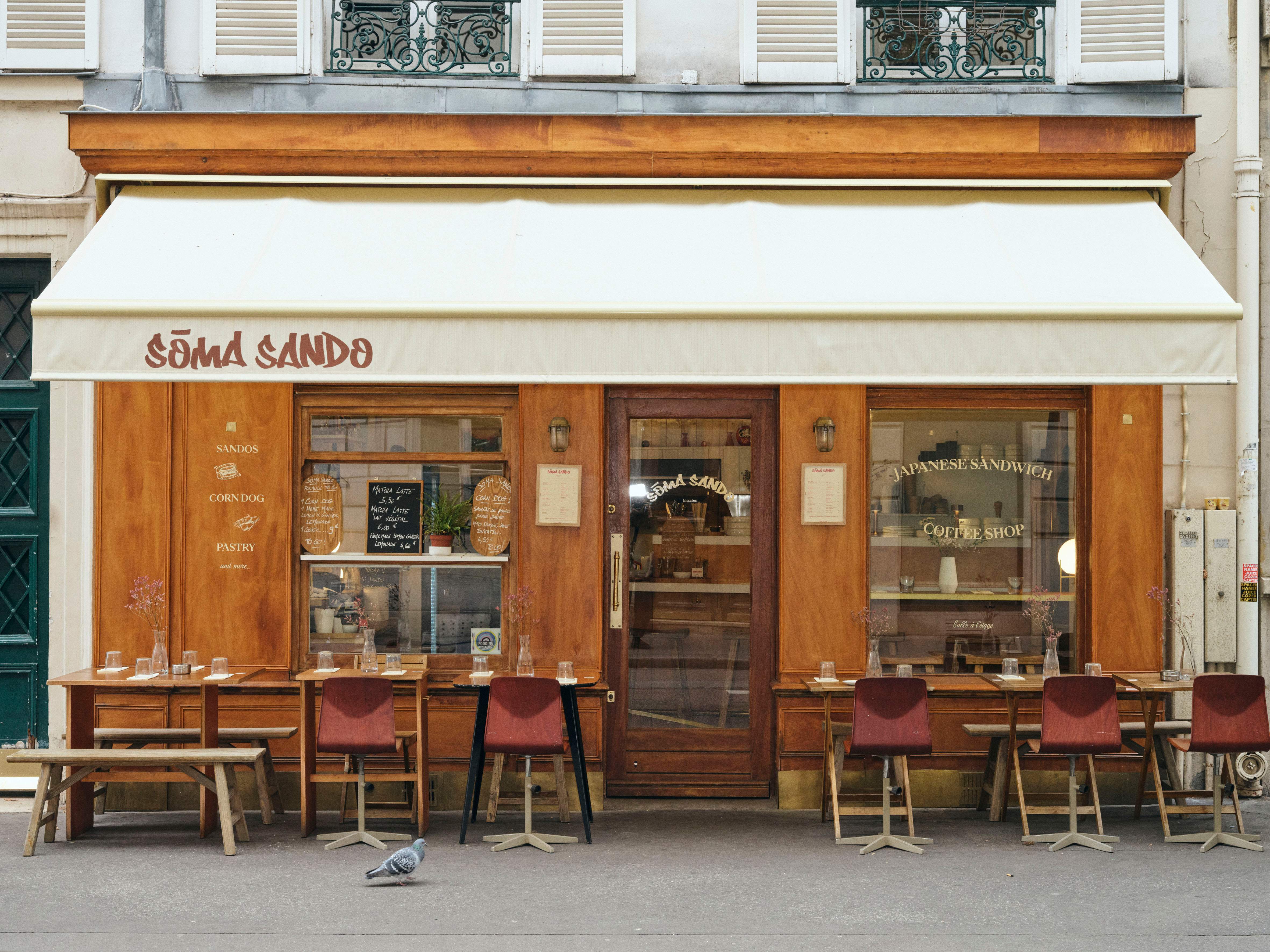
Going from izakaya to sandos proved so successful that Trémoulet and co-founder Marwan Rizk decided to open a cosy, wood-clad site on the southeastern corner of the Jardins du Luxembourg. Its best-seller? An award-winning Tori Sando, a karaage chicken sandwich with tartare sauce, crisp carrot and cabbage, and sharp pickles.
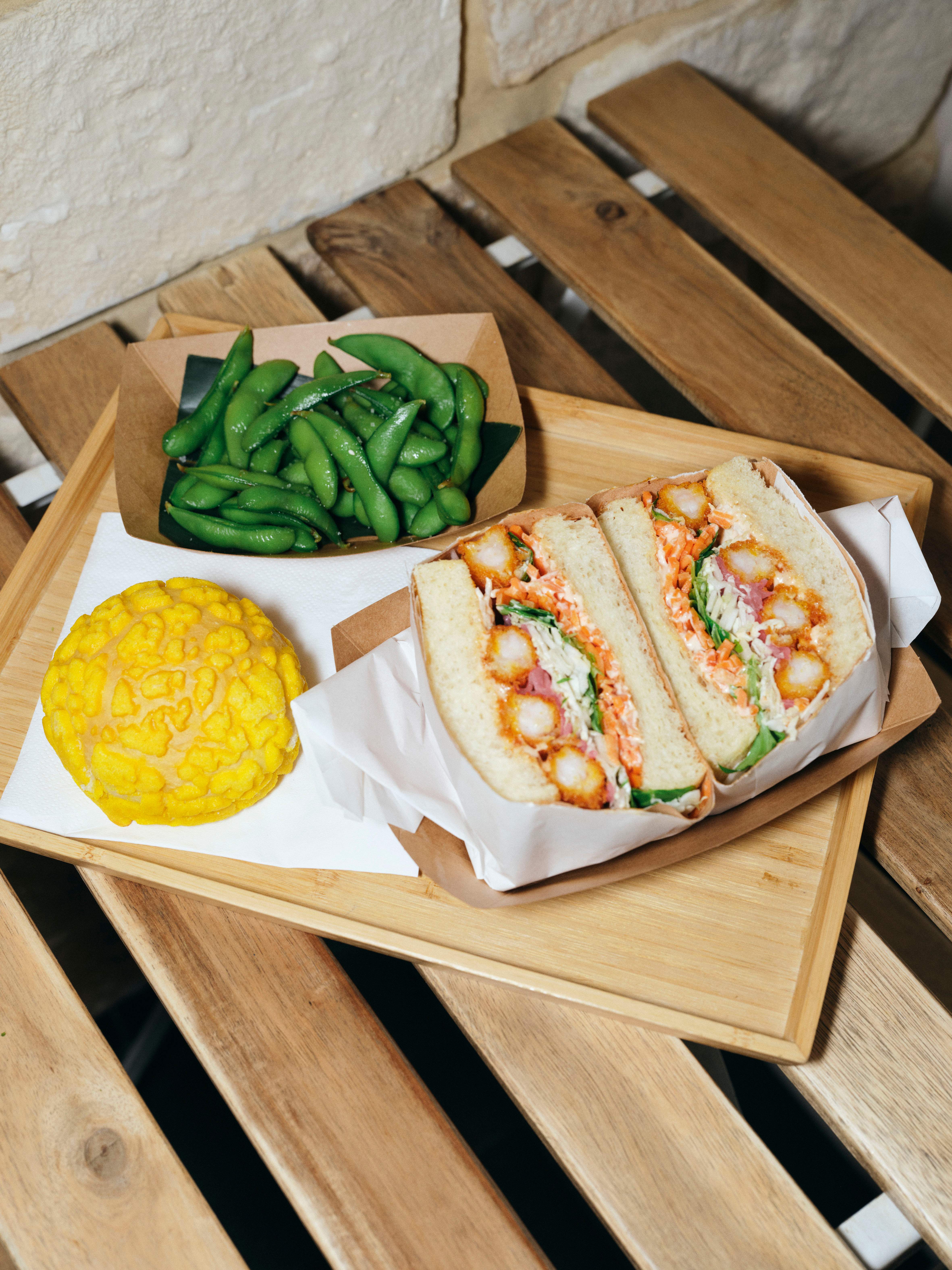
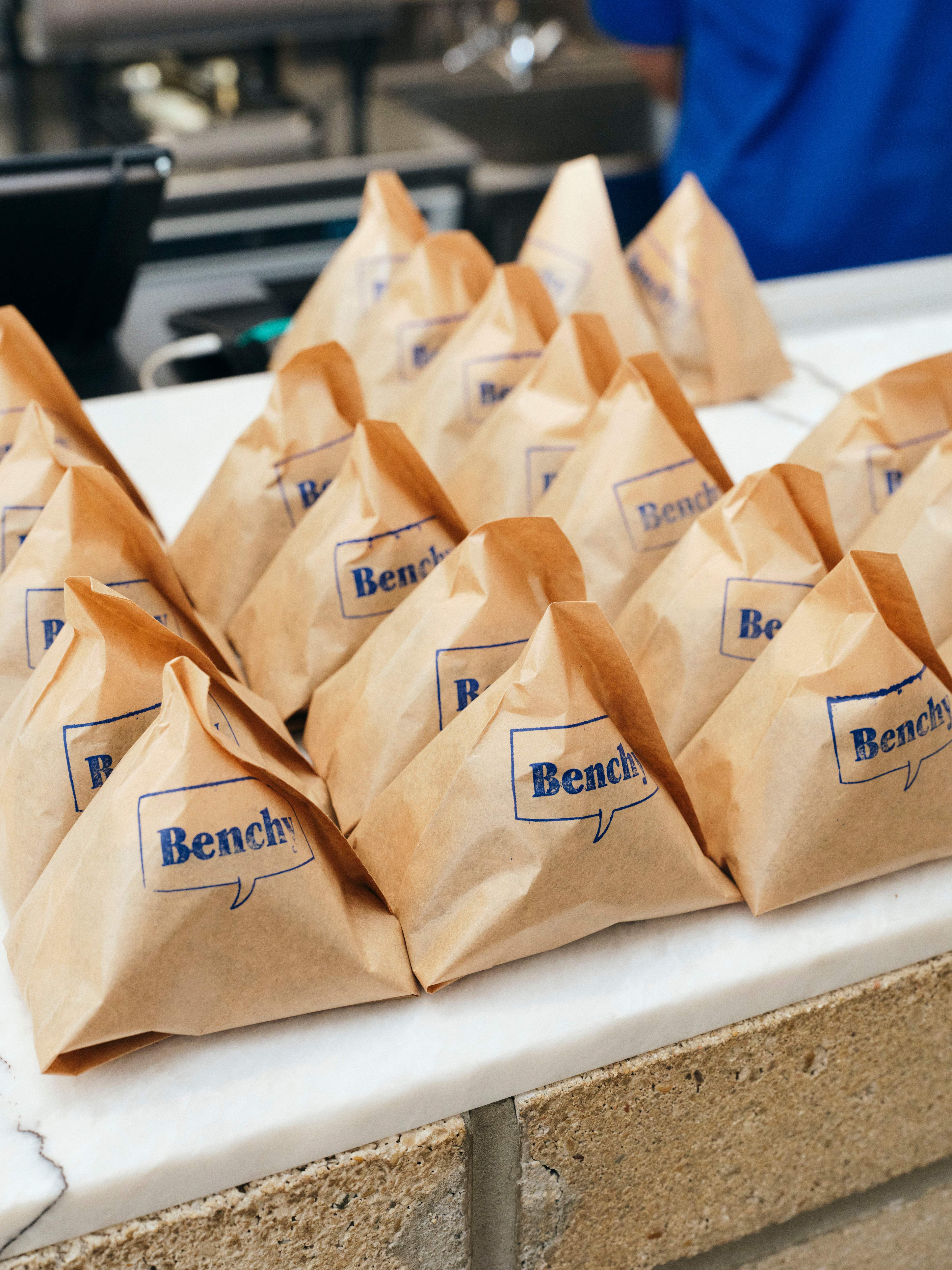
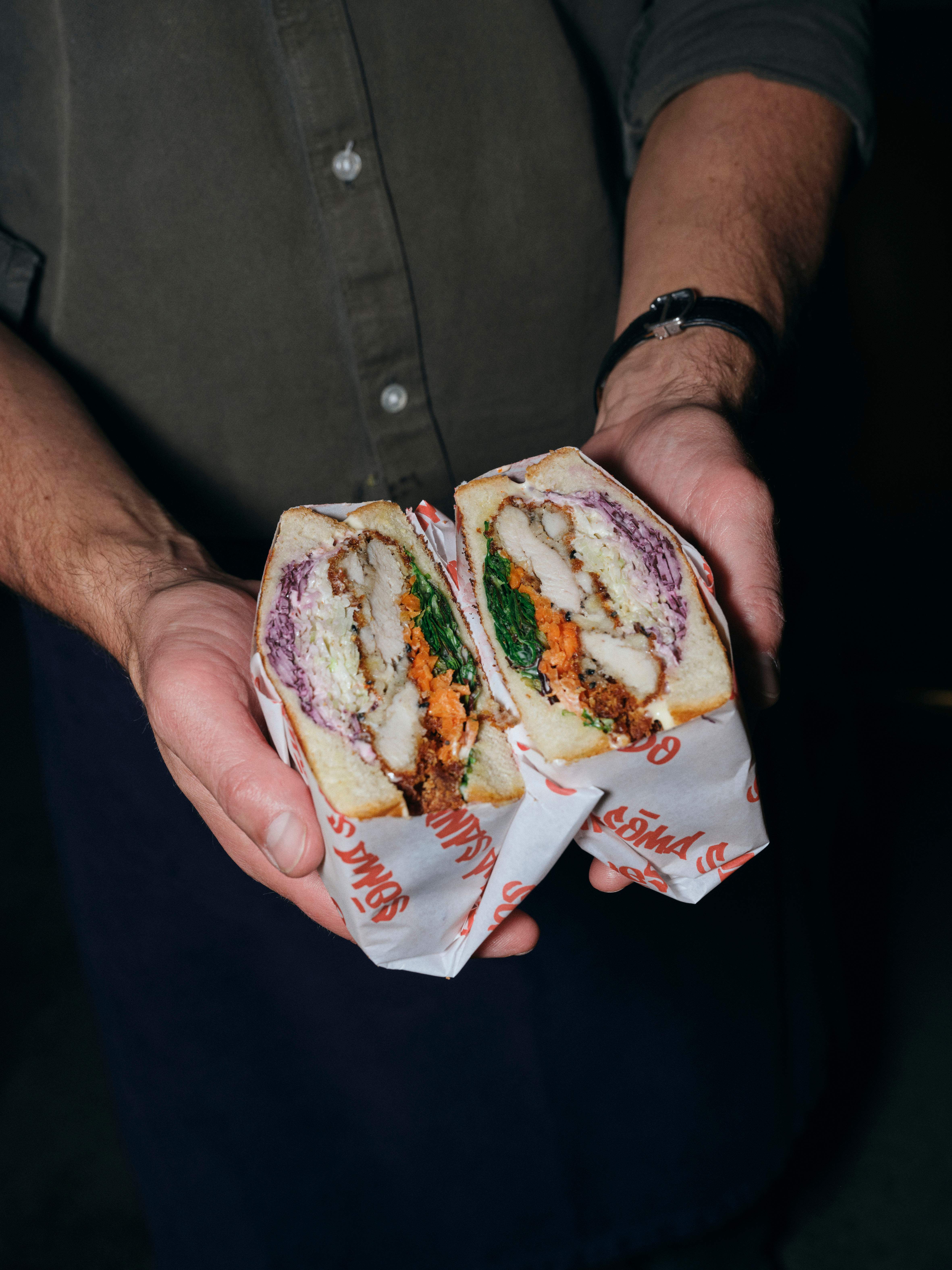
For other chefs, the informality of the simple sando is democratic and yet offers some space to be creative with the culinary similarities and differences between Japan and France. Chef Walter Ishizuka, who trained under Paul Bocuse and had a decades-long career in fine-dining restaurants across the world, opened Yabaï Sando near the carrefour de l’Odéon. “My father is Japanese and my mother is French,” Ishizuka, who grew up in Lyon, tells monocle over coffee at his dark-walled restaurant bedecked with paper pendants. “At school I didn’t have jambon-beurre sandwiches in my picnics; I had white-bread egg sandwiches. There’s a [personal] history there that I wanted to revisit.”
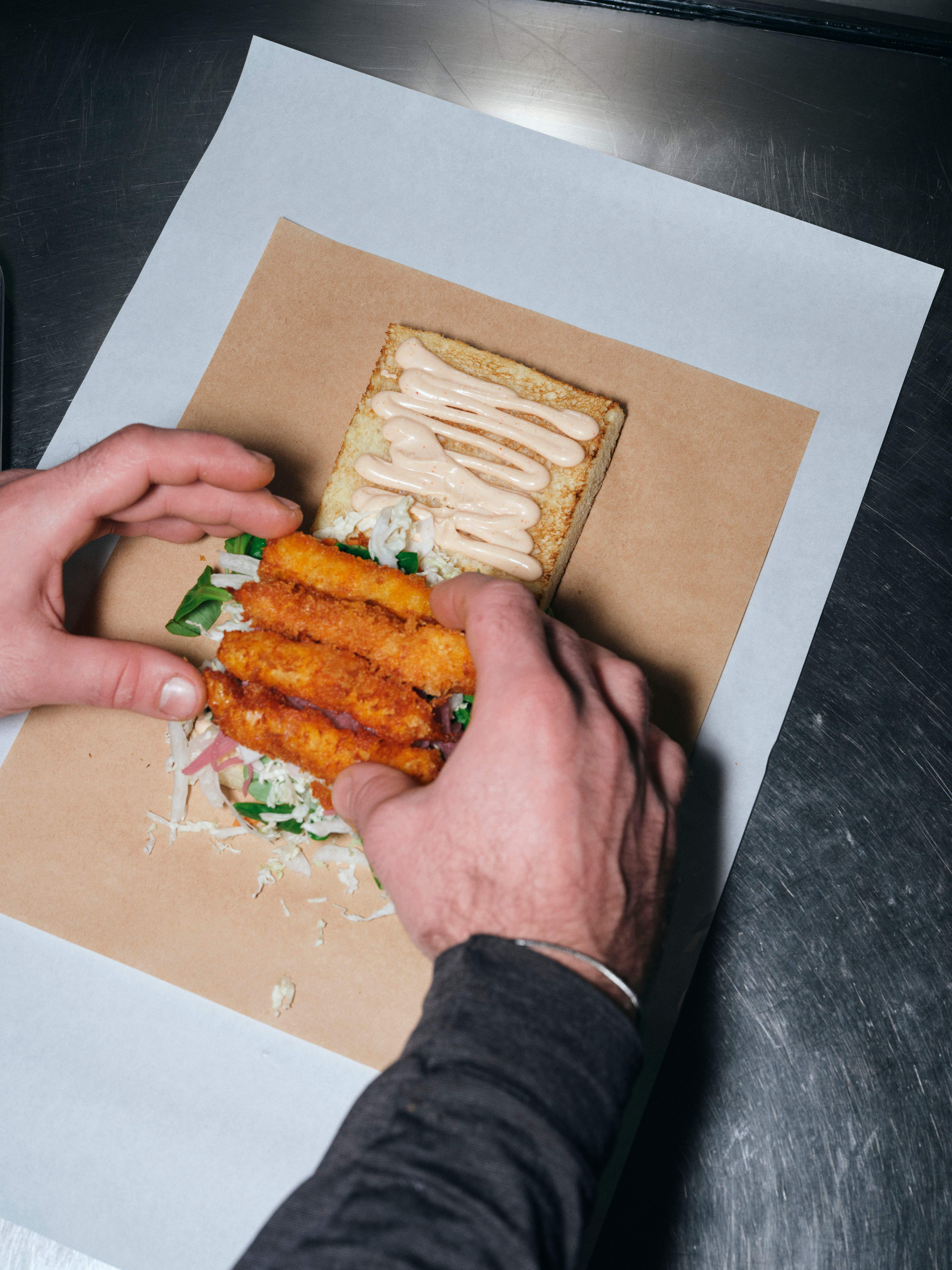
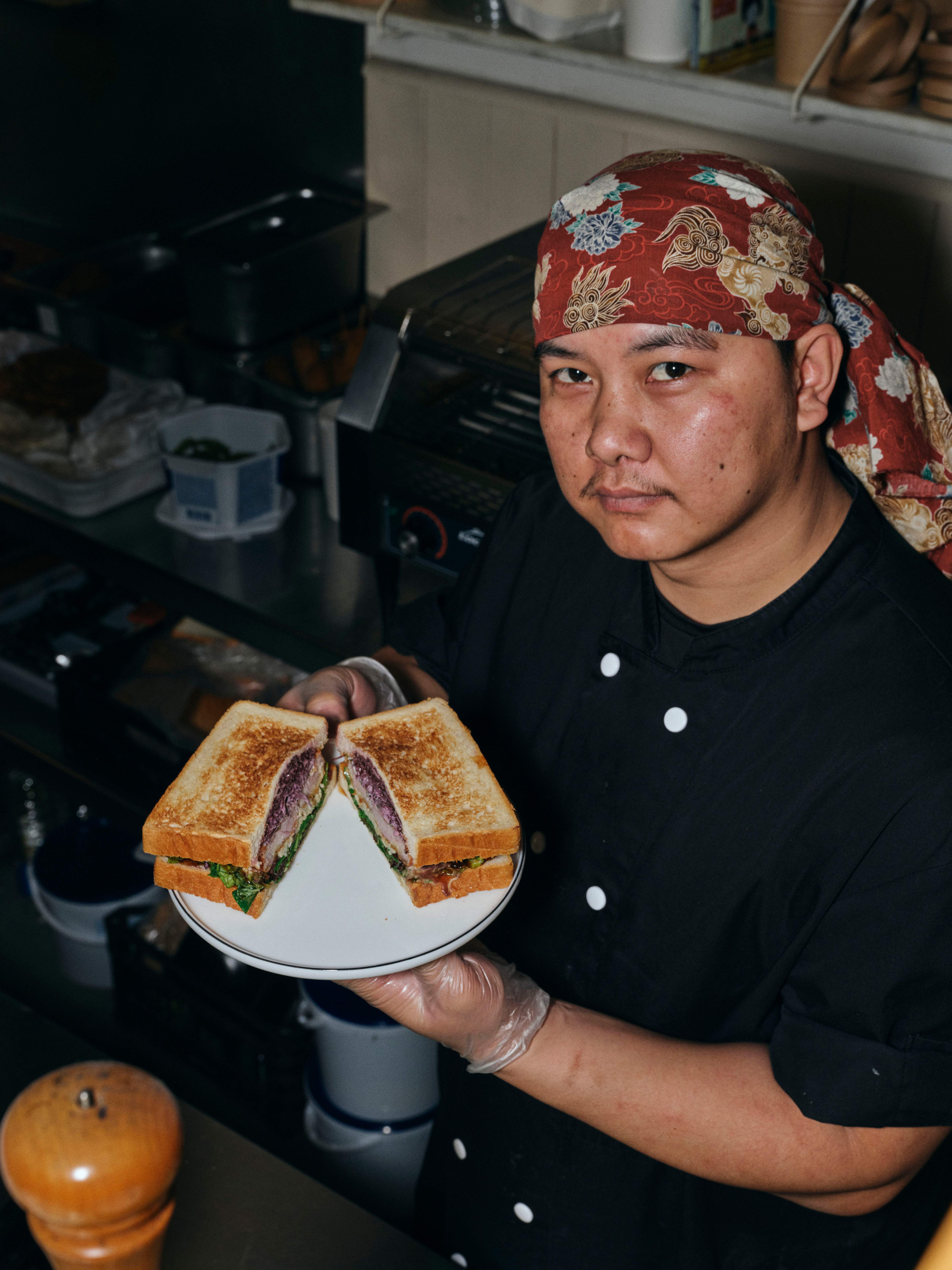
Ishizuka’s take on the sando expands beyond his childhood staple. The combination of his Michelin-starred-restaurant experience and technical mastery mean decadence in the form of his Wagyu beef sando and experimentation seen in products including his black sando bread coloured with burnt vegetables.
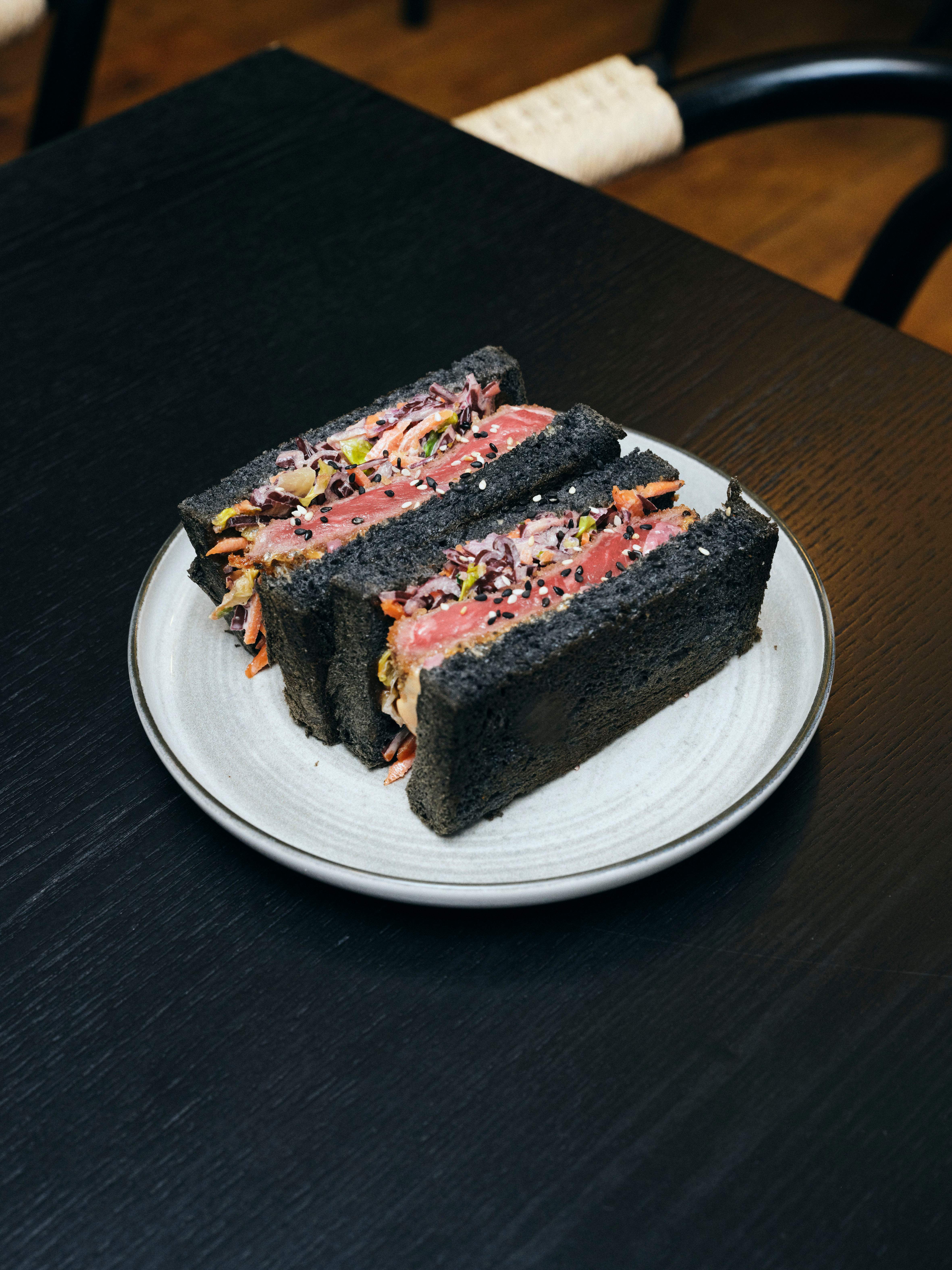
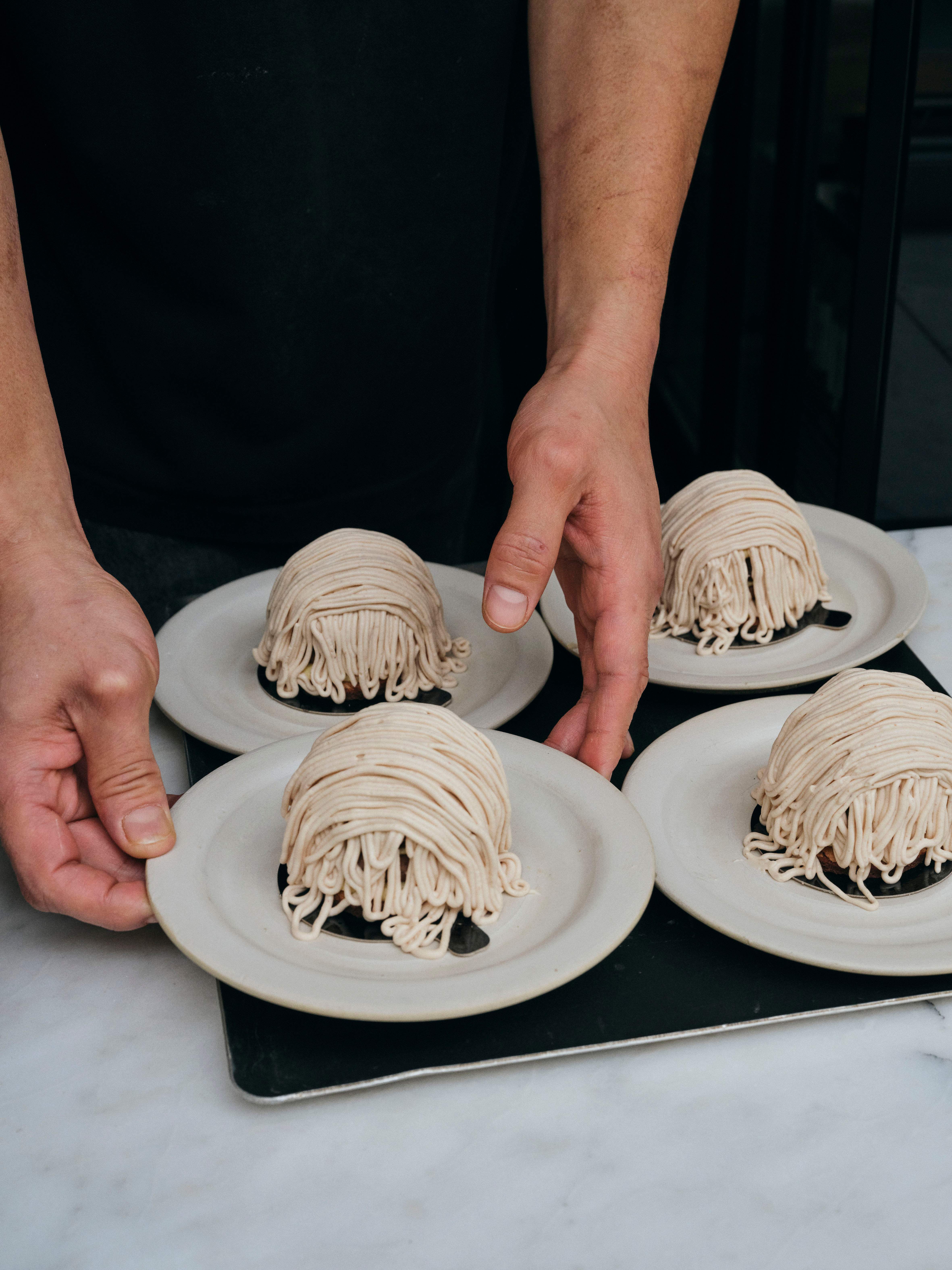
Success for these sorts of restaurants is never assured. “In the beginning, I doubted whether it could be accepted by French people,” says another sando aficionado, Kaito Hori, who opened Benchy on Rue du Cherche Midi. The former fashion designer still tries to bring together his branding experience with alluring shoots and visuals but it’s the quotidien joys of running a bakery that he enjoys most. “We’re happy because we have so many regulars coming nearly every day to have sandwiches.”

As with every food movement and seemingly fresh idea, many see echoes of older trends and more entrenched customs in Paris’s embrace of the sando. “The success is first and foremost about the enthusiasm of France’s younger generation for Japan,” says Michio Hasegawa. But, says the septuagenarian, there’s nothing entirely new in it. “It’s the same enthusiasm you saw for France among the youth of my generation in Japan back in the 1960s.” —
Get a slice of the action here
Carré Pain de Mie
5 rue Rambuteau 75004
L'Atelier Sando
169 rue Championnet 75018
Sôma Sando
62 rue de Vaugirard 75006
Yabaï Sando Odéon
3 rue des Quatre-Vents 75006
Benchy
50 rue du Cherche-Midi 75006
